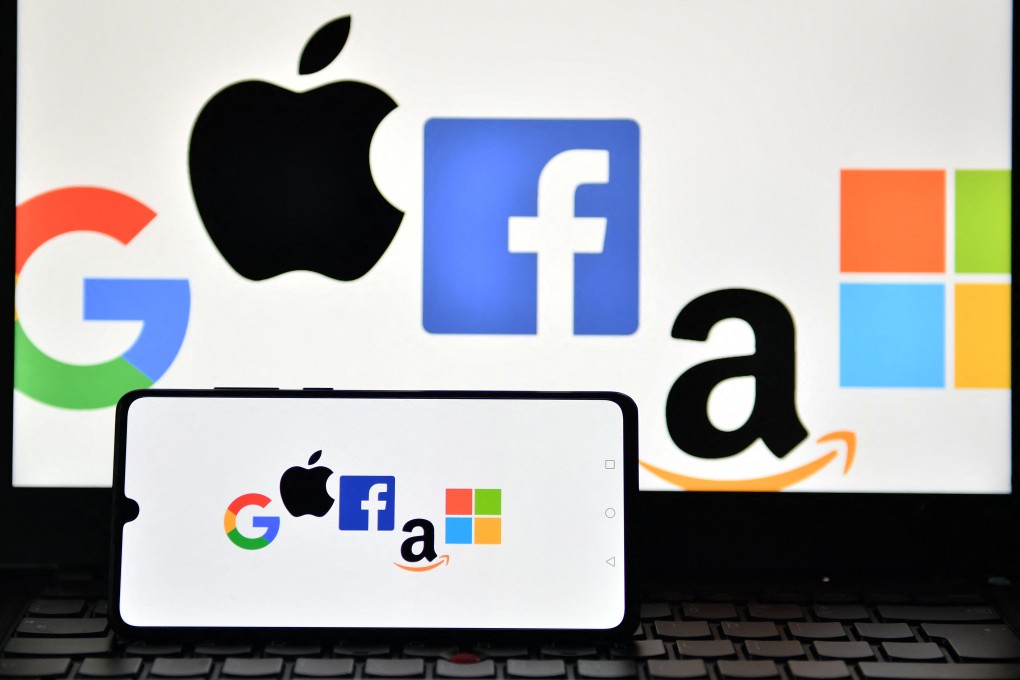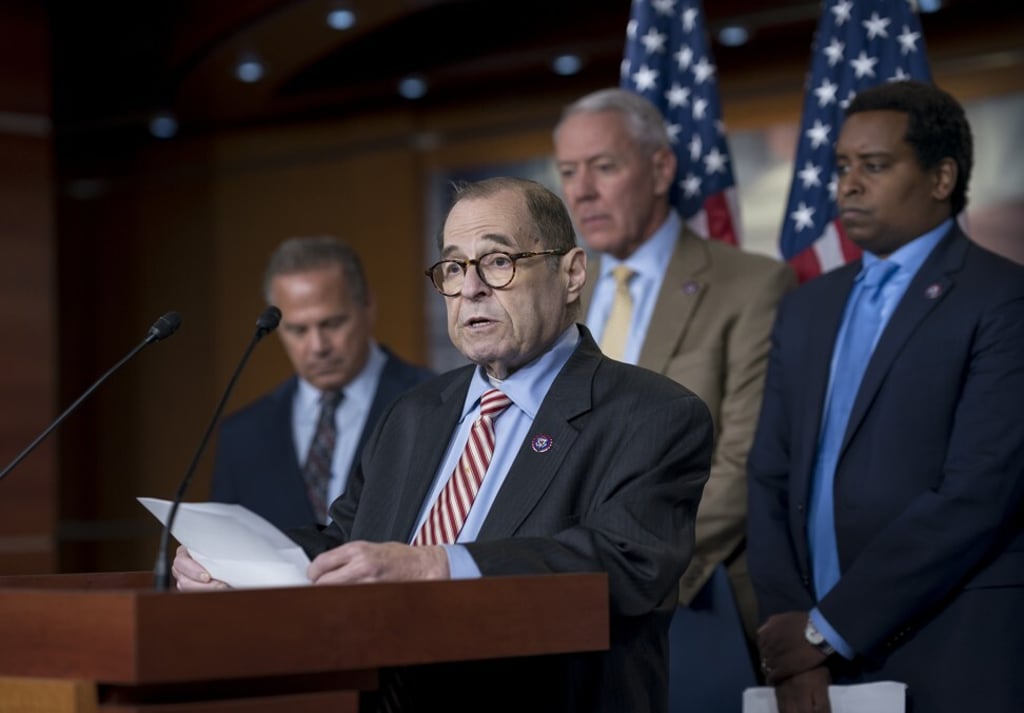US House panel approves increase in antitrust enforcement budgets as Microsoft dodges the worst of Big Tech scrutiny
- The House Judiciary Committee approved on Wednesday a bill that would increase the budgets of antitrust enforcers, which has already passed the Senate
- Amid debate about antitrust bills targeting the likes of Apple, Amazon, Facebook and Google, lawmakers are questioning whether Microsoft is skirting scrutiny

US Representative Jerrold Nadler, the Democratic chairman of the Judiciary Committee, in an opening statement called the bills a “historic package of bipartisan legislation” aimed at “reining in anticompetitive abuses of the most dominant firms online”.
After more than three hours of discussion, the committee voted 29-12 to approve what has been viewed as the least controversial of the six bills – a measure to sharply increase the budgets of the Justice Department’s Antitrust Division and Federal Trade Commission, which enforce antitrust law. It would also increase the filing fees for the biggest mergers.
The measure has already passed the Senate.

In what is expected to be a lengthy session, the committee next takes up a bill that would ensure that antitrust cases brought by state attorneys general remain in the court they select.